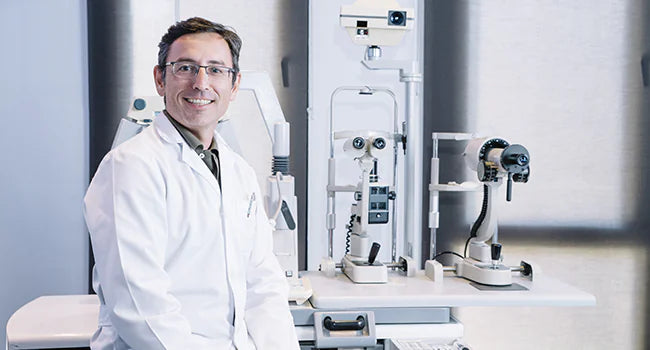When it comes to eye health, many individuals have questions about various aspects of vision, eye care, and common eye conditions. In this article, we'll address some of the most frequently asked questions about eye health, providing expert answers and guidance to help individuals better understand and care for their eyes.
1. How often should I have an eye examination?
The frequency of eye examinations depends on factors such as age, overall health, and risk factors for eye conditions. As a general guideline, adults should have a comprehensive eye examination at least once every two years, or more frequently if recommended by their optometrist.
2. What are the signs of an eye infection?
Signs of an eye infection may include redness, swelling, pain, itching, discharge, and sensitivity to light. If you experience any of these symptoms, it's essential to seek prompt medical attention from an optometrist or eye care professional.
3. Can I wear contact lenses if I have dry eyes?
While wearing contact lenses with dry eyes can be challenging, it is possible with proper care and management. Your optometrist may recommend specific types of contact lenses designed for dry eyes or prescribe lubricating eye drops to help alleviate symptoms.
4. How can I protect my eyes from digital eye strain?
To protect your eyes from digital eye strain, practice the 20-20-20 rule: every 20 minutes, take a 20-second break, and look at something 20 feet away. Additionally, adjust the brightness and contrast of your screen, position your monitor at eye level, and use artificial tears to keep your eyes moist.
5. What are the risk factors for developing cataracts?
Risk factors for developing cataracts include aging, prolonged exposure to UV radiation, smoking, diabetes, obesity, and certain medications such as corticosteroids. It's essential to protect your eyes from UV radiation and maintain overall health to reduce the risk of cataracts.
6. Can I prevent age-related macular degeneration (AMD)?
While age-related macular degeneration (AMD) cannot always be prevented, certain lifestyle choices can reduce the risk of developing the condition. These include eating a healthy diet rich in antioxidants and omega-3 fatty acids, quitting smoking, maintaining a healthy weight, and protecting your eyes from UV radiation.
If you have additional questions or concerns about your eye health, don't hesitate to reach out to us. Our optometrists are here to provide personalised guidance and advice.





